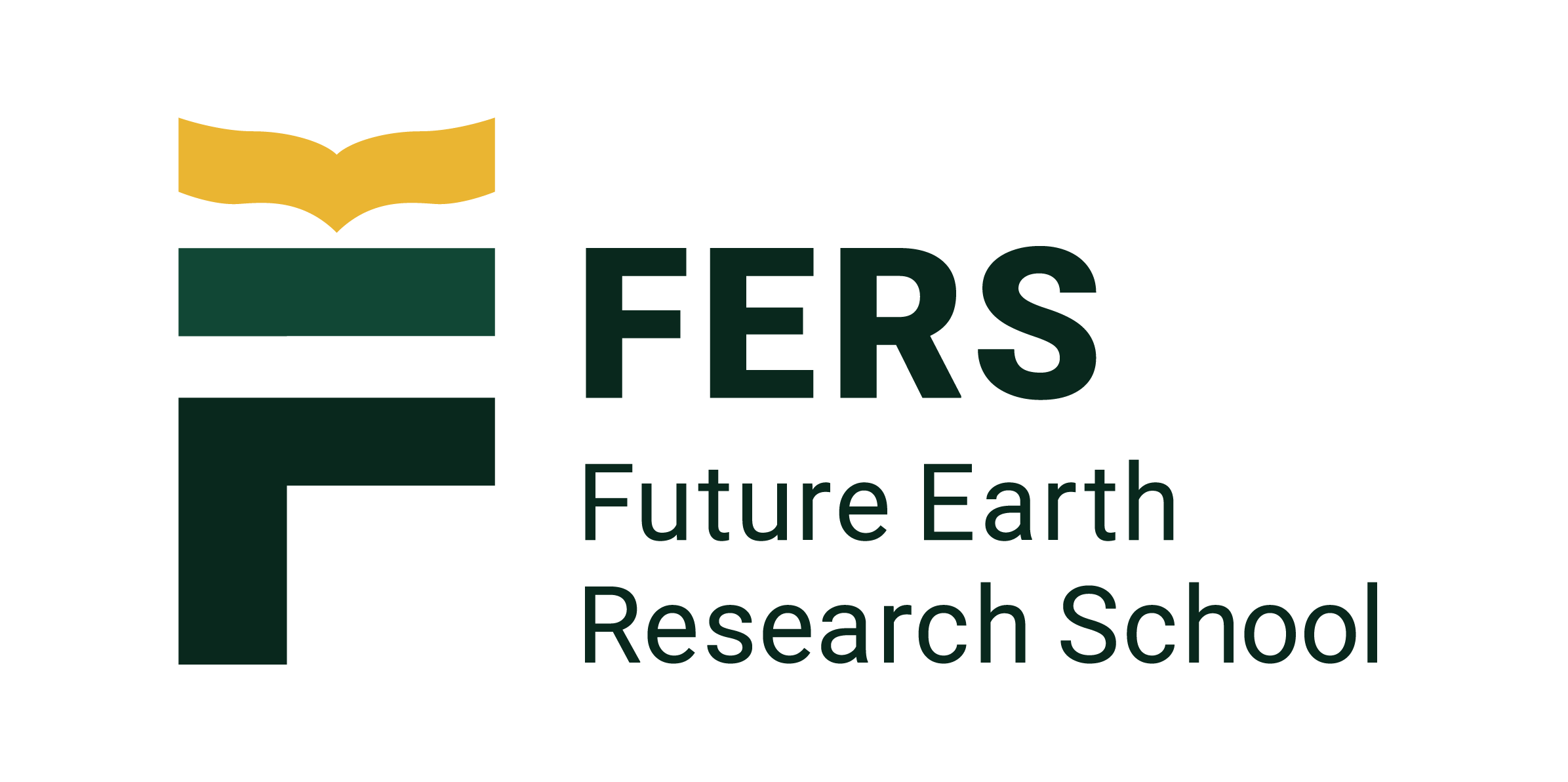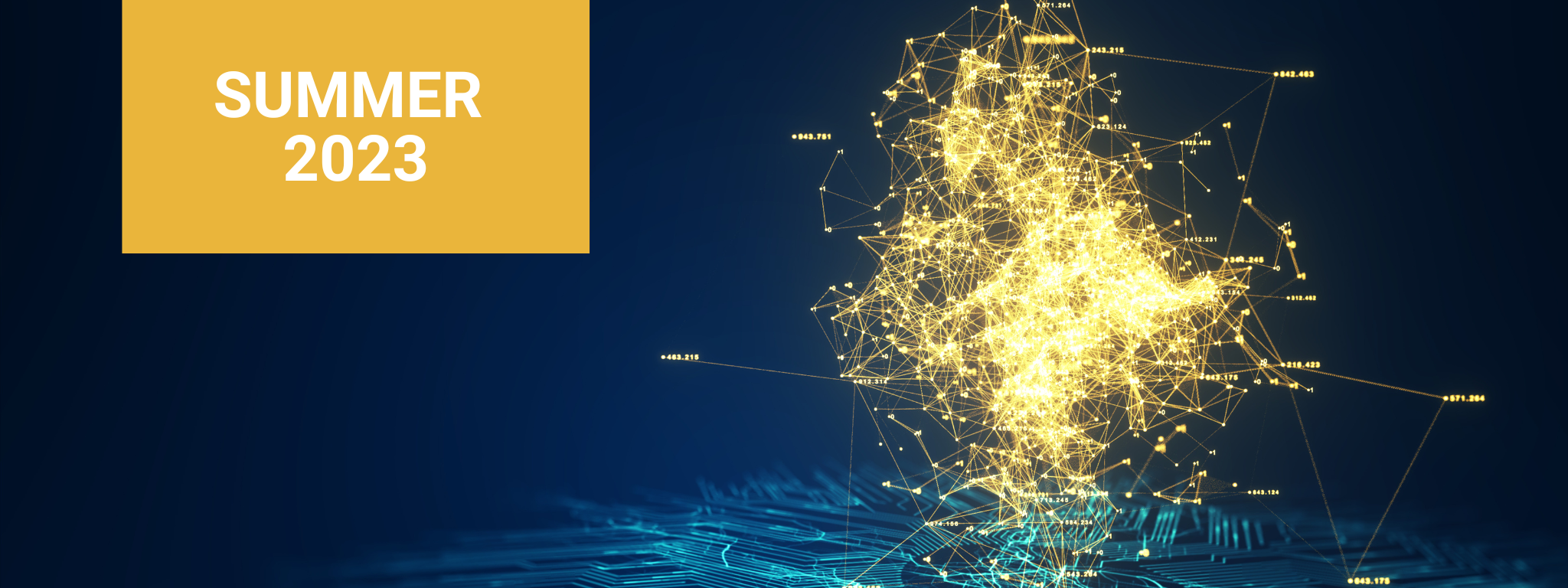
Data science and machine learning for climate research
While we are collecting and storing more and more data, understanding and interpreting the underlying processes and relationships between different observations remains a challenging problem.
The Future Earth Research School on “Data Science and Machine Learning for Climate Research” aims to provide a comprehensive overview of the mathematical foundations of machine learning, with a particular focus on methods for analysing complex dynamical systems.
Topics of interest include model reduction, system identification, estimation of associated transfer operators such as the Koopman operator, control, uncertainty quantification, deep learning, but also applications in climate science and sustainability.
Bertinoro (FC)
Location
5th – 17th June 2023
Dates
88 h
Total number of hours
20
Number of participants
€ 400,00
Registration Fee
March 6th
Application deadline
While we are collecting and storing data over data, understanding and interpreting the underlying processes and relationships between different observations remains a challenging problem. The Future Earth Research School on “Data Science and Machine Learning for Climate Research” aims to provide a comprehensive overview of the mathematical foundations of machine learning, with a particular focus on methods for analysing complex dynamical systems and time-series data. The course will cover the following topics:
- Reduced order modelling and system identification,
- Koopman operator theory,
- kernels and Gaussian processes,
- deep learning,
- quantum computing for classical dynamical systems,
- stochastic differential equations and Markov state models,
- agent-based models,
- applications in climate science and sustainability.
The Summer School is mainly geared towards Ph.D. students and postdocs in Mathematics or Climate Science with a strong interest in data science and machine learning. The course requires basic programming experience in Python (e.g., numpy, scipy, matplotlib).
The course will include lectures given by leading researchers in the fields of machine learning, dynamical systems theory, statistics, and climate science as well as seminars, hands-on sessions, and group projects. The lectures will take place in the morning, while the afternoons are reserved for tutorials, programming exercises, discussions, and group work. The course requires basic programming experience in Python (e.g., numpy, scipy, matplotlib).
One of the main objectives is to learn about different modelling frameworks and data-driven methods for the analysis of large data sets. Applications include model reduction (e.g., identifying dynamically relevant variables), forecasting, control, and change-point detection. The goal of the course is to first learn about state-of-the-art machine learning methods, implement these methods in Python, and then apply them to real-world problems. Furthermore, we will discuss novel applications of machine learning approaches, limitations, and open problems.
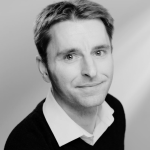
Stefan Klus – Director of the Course
Stefan Klus is an Associate Professor in mathematics at Heriot-Watt University, Edinburgh. He has several years of experience developing data-driven methods for analysing high-dimensional dynamical systems, with applications in molecular dynamics, fluid dynamics, quantum mechanics, agent-based modelling, and climate science. Before he joined the Heriot-Watt University, Dr. Klus worked at the University of Surrey, the Freie Universität Berlin, and the United Technologies Research Center, where he provided expertise in the areas of data science, machine learning, parallel computing, spectral and algebraic graph theory, and control of multi-agent systems, focusing on the analysis and optimization of numerical algorithms.
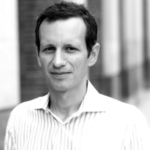
Dimitrios Giannakis
Dimitrios Giannakis is a Professor of Mathematics at Dartmouth College. He received BA and MSci degrees in Natural Sciences from the University of Cambridge in 2001 and a Ph.D. degree in Physics from the University of Chicago in 2009. Following a postdoctoral appointment at the Courant Institute of Mathematical Sciences, New York University, from 2009 to 2012, he was an Assistant Professor and then Associate Professor of Mathematics at Courant until 2021 when he joined the Department of Mathematics at Dartmouth. Giannakis’ current research focus is at the interface between operator-theoretic techniques for dynamical systems and machine learning. His recent work includes the development of techniques for coherent pattern extraction, statistical forecasting, and data assimilation based on data-driven approximations of Koopman operators of dynamical systems. He has worked on applications of these tools to atmosphere-ocean science, fluid dynamics, and molecular dynamics. Giannakis received a Young Investigator Program award from the Office of Naval Research in 2016 and a Vannevar Bush Faculty Fellowship in 2021.

Jürgen Kurths
Jürgen Kurths is a mathematician and a physicist. He received his Ph. D. degree from the GDR Academy of Sciences and his Dr. Habil. from the University of Rostock. He was a Full Professor at the University of Potsdam from 1994 to 2008. He has been a Professor of Nonlinear Dynamics at the Humboldt University, Berlin, and the Chair of the Research Domain Complexity Science of the Potsdam Institute for Climate Impact Research since 2008.
He is a Fellow of the American Physical Society, the Royal Society of Edinburgh and the Network Science Society and a member of the Academia Europaea. He received an Alexander von Humboldt Research Award in 2005 and 2021, the Richardson Award from the European Geoscience Union in 2013 and the Lagrange Award in 2022.
The primary research interests of Jürgen Kurths include complex systems science, in particular synchronization, complex networks, and time series analysis and its applications in Earth Sciences, Physiology, engineering and others. His more recent studies focus on inferring networks from data, improved predictions of extreme climate events, generalized stability concepts for and designing modern power grids, and the influence of Le´vy noise on complex systems and hyper networks.
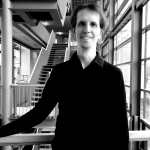
Feliks Nüske
Feliks Nüske received his Ph.D. in applied mathematics from Freie Universität Berlin in 2017. He then joined the Center for Theoretical Biological Physics at Rice University, U.S., for a postdoc. After a second postdoc in the Department of Mathematics at Paderborn University, Germany, he joined the Max-Planck Institute for Dynamics of Complex Technical Systems, Magdeburg, Germany, as a research group leader. His research is on data-driven methods for modelling and simulation of molecular systems.
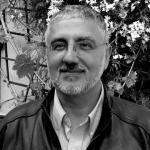
Houman Owhadi
Houman is a Professor of applied and computational mathematics and control and dynamical systems at the California Institute of Technology. His interests include uncertainty quantification, numerical approximation, statistical inference/learning, data assimilation, stochastic and multiscale analysis. His research is focused on solving numerical approximation problems as learning problems, learning problems as numerical approximation problems, and uncertainty quantification problems as adversarial games. He was a plenary speaker at SIAM CSE 2015, a tutorial speaker at SIAM UQ 2016, the recipient of the 2019 Germund Dahlquist Prize (SIAM), and a SIAM Fellow (class of 2022). His research is supported by DARPA, the Department of Energy, NASA/JPL, AFOSR, ONR, the National Nuclear Security Administration, Los Alamos National Laboratory, Beyond Limits, and the National Science Foundation.
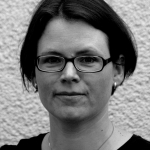
Sarah Wolf
Sarah Wolf leads a MATH+ junior research group on “mathematics for sustainability transitions” at Freie Universität Berlin, where she works on agent-based modelling of complex socio-economic, -ecologic, and -technical systems and embeds these models and their simulations in stakeholder dialogues in the Decision Theatre format. Her research topics include sustainable mobility and mechanisms behind the possibility of transitioning to Green Growth. While her background is in mathematics, she has worked in interdisciplinary research teams since her Ph.D. studies, first at the Potsdam Institute for Climate Impact Research and later at the Global Climate Forum, now at FU Berlin.
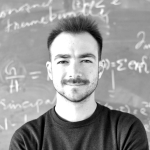
Cristiano De Nobili
Cristiano is a Theoretical Particle Physicist with a PhD in Quantum Information Theory at SISSA. Currently the Lead AI Scientist at Pi School, he helps startups and companies integrate AI into their process. He is a Deep Learning lecturer at the Master in High-performance Computing (Trieste) and at Bicocca University (Milan). At Pi School, he mainly works in NLP and Deep Learning applied to environmental challenges. Last September, he participated to a scientific collaboration at the SIOS Remote Sensing Center in Svalbard to teach AI techniques to Arctic scientists. Currently, he is part of a collaboration with the National Observatory of Athens and Pi School, working on Explainable AI for Wildfire Forecasting. He is highly interested in Quantum Technologies, especially in the Climate Tech sector. He just launched a newsletter on AI and Emergent Technologies: Turning bits into dreams.
Location
The course will be at the University Residential Center of Bertinoro (CE.U.B.).
Bertinoro is halfway between the cities of Forlì and Cesena, 6 km from SS9 (Via Emilia). Forlì is the town of reference for transport by train and bus to and from Bertinoro.
Accommodation
The accommodation will be at the University Residential Center of Bertinoro. Please remember that participation in presence is mandatory.
The school is offering limited financial assistance to cover the accommodation costs at the Center of Bertinoro over the entirety of the two-week stay. If you are interested, please check the section below.
For those who won’t get the financial assistance, all the costs will be communicated during the selection process.
The school will provide and offer lunches and dinners for all the participants. Participants are free to organize themselves at their own expense upon notice. The school will not cover any extra costs.
Transport
Nearest airport: Bologna’s airport “Guglielmo Marconi”
Nearest train station: Forlì Station (20 min. far from Bertinoro by car)
On how to get to the Centre, please check this link
Given that most of the participants will arrive in Bologna – especially from abroad – the school will organize a shuttle to bring participants from Bologna to Bertinoro. More details will be given to the selected candidate.
The school offer limited financial assistance based on the applicant’s needs. It will cover accommodation expenses in Bertinoro. If interested, please specify it in the application form in the dedicated section. You can also leave a statement (max 200 words) explaining why you should benefit from this assistance.
The assistance WILL NOT cover travel costs.
Since there is a limited number of places, you are encouraged to apply early to avoid disappointment.
If accepted, you will receive an email confirming your financial assistance by secretariat@fersschool.it
